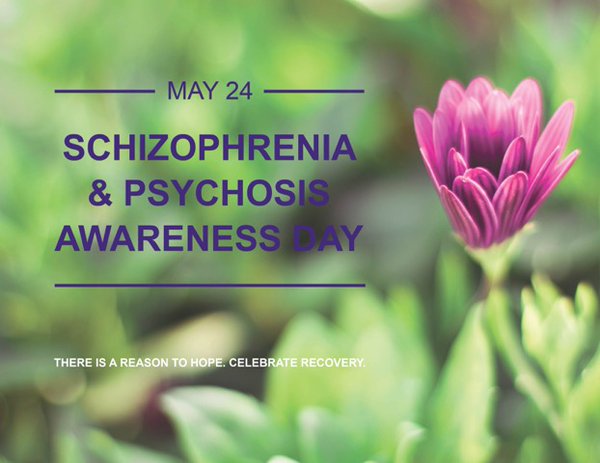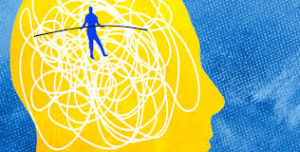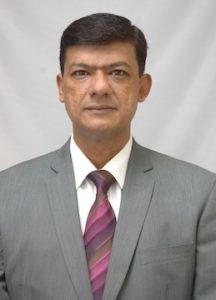WORLD SCHIZOPHRENIA DAY: Victim of madness, illness or stigma?

Surgeon Captain Asif Iqbal Ahmed
Schizophrenia has been a long misunderstood condition to patients, their families, society and remarkably, to many in the medical and psychological fields. Truly an illness without borders, it has 1-4% lifetime prevalence. Of worldwide 25 million cases, it is estimated that there are 4.7-8 million cases in India of which 40-50% are untreated.
What is schizophrenia?
Eugene Bleuler in 1911 coined the term “schizophrenia” (splitting of the mind) to denote a long-term mental disorder of a type involving a breakdown in the relation between thought, emotion and behavior. Common experiences include:
- Hallucination: hearing, seeing or feeling things that are not there.
- Delusion: fixed false beliefs or suspicions not shared by others in the person’s culture and that are firmly held even when there is evidence to the contrary.
- Abnormal behaviour: disorganised behaviour such as wandering aimlessly, mumbling or laughing to self, strange appearance, self-neglect or appearing unkempt
- Disorganised speech; incoherent or irrelevant speech
- Disturbances of emotions: marked apathy or disconnect between reported emotion and what is observed such as facial expression or body language
Course of the illness and relapses
Characteristically, symptoms begin in adolescence as a prodrome such as vague somatic complaints, fatigue and excess interest in philosophy, abstract ideas, occult or religious questions. These may carry on for months or a year and go unrecognised. Social or environmental changes such as going away to college or marijuana use may mark the onset of overt psychotic symptoms described above.
After the first psychotic episode, a patient gradually recovers and may function relatively normally for some time. Then they usually relapse with more severe symptomatology and further deterioration in baseline functioning follows each relapse. Unfortunately, each relapse leaves the brain damaged, person is less responsive to treatment and worsens the prognosis. Also, the longer the first episode is untreated the worse is the outcome.
Impact of the illness
Schizophrenia is chronic but not immediately fatal illness. It is listed as the eighth leading cause of DALYs (disability adjusted life years) worldwide in the age group 15-44 years, according to the WHO.
The occurrence of suicide in schizophrenics is abnormally higher than other mental illness disorders.
Substance abuse is another common complication and people with schizophrenia are at increased risk for substance abuse.
Barriers to help/ recovery
These factors cause delay in receiving early and appropriate treatment which could potentially alter the lifetime outcome favourably –
Mental Health Resources in India are limited, just around 4500 psychiatrists are available for over a billion people.
Pathways to care/ referral The first point of contact for treatment in India is magico- religious in 65% cases as this is socially sanctioned.
Stigma Attitudes against the illness and medications (as addicting/ sedating)
Families Many times the families are against treatment, already having learnt to cope with the untreated state.
Is there a cause for hope or is it a lost cause?
The advent of antipsychotic medication supports a more optimistic prognostic picture, although schizophrenia is always a serious disease. Early intervention and early use of new medications lead to better medical outcomes.
The treatment goals for the moment are to identify the illness as early as possible, treat the symptoms, provide skills to patients and their families, maintain the improvement over a period of time, prevent relapses and reintegrate the ill persons into the community so that they can lead as normal a life as possible. Many people with schizophrenia recover to the point of living functional and rewarding lives in their communities.

Surgeon Captain Asif Iqbal Ahmed
is MD (Psy) and founder, PsyCare



